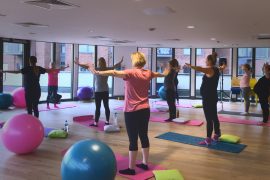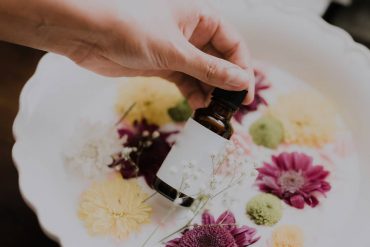Foods packed with Omega-3 and Vitamin D3 like fatty fish, particularly salmon and sardines, pasture-raised eggs and beef liver are optimal for postpartum hormonal health, which in turn benefits postpartum mental health. Most postpartum women have a significant iron deficiency, given that they entered pregnancy with insufficient iron stores. Low haemoglobin levels have been linked to an increased risk of postpartum depression (Study), so eating iron-rich foods like high quality meats, soaked lentils, quinoa and spinach as well as consuming iron with vitamin C, will increase iron absorption and have a positive holistic impact on postpartum mental health.
Breastfeeding is another consideration since it is not as prevalent these days, whether because a mother has the lack of support that she needs to breastfeed or simply weans early because of other life demands. Breastfeeding releases the hormones oxytocin and prolactin, which are known to reduce symptoms of anxiety, which in turn reduce the risk of postpartum depression. But how are we encouraging breastfeeding if there is little social and educational support or pressure for a mum to return to work?
Foods packed with Omega-3 and Vitamin D3 like fatty fish, particularly salmon and sardines, pasture-raised eggs and beef liver are optimal for postpartum hormonal health, which in turn benefits postpartum mental health.
And what about childcare support? Hunter-gatherer communities typically lived together, with strong, in-built support with child rearing. A lack of social support is consistently one of the strongest predictors of postpartum depression, so the push for a smaller nuclear family may have a huge impact on a woman’s ability to cope with the demands of modern motherhood. Evidently it already is.
So what do we do about postpartum depression on the rise? Start by checking in with a new mum. Ask her if she would like some company, or if she wants the laundry to be put away. Ask her if you can hold her baby so she can have a decent shower. Make sure she’s eating nutritious foods that will sustain her hunger hormones and nourish her stores. Sure, it’s a little help. But when we stop putting pressure on women to live up to the demands of modern motherhood, we start replicating the lifestyle of our ancestors and we start lowering the risk of postpartum depression in women one mother at a time.
Visit the Wholesome Mama website and connect with them on Facebook and Instagram. You can also email Jessica at jessica@thewholesomemamanutrition.net.










